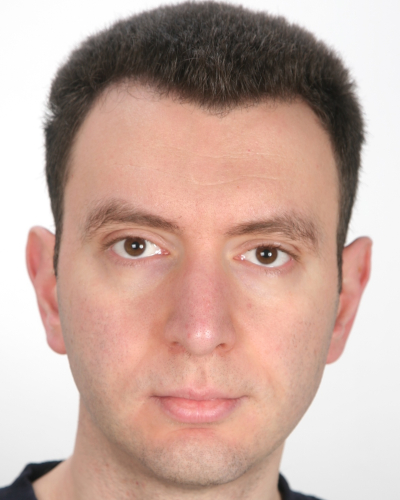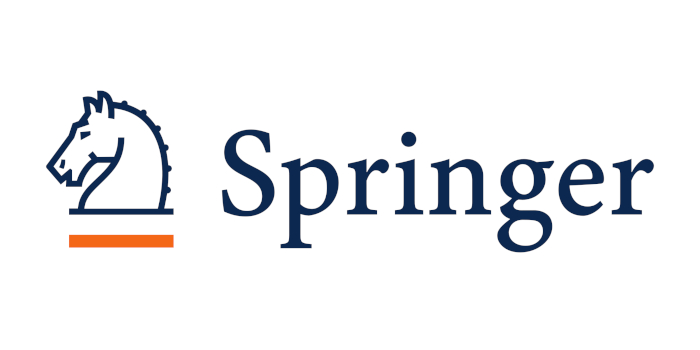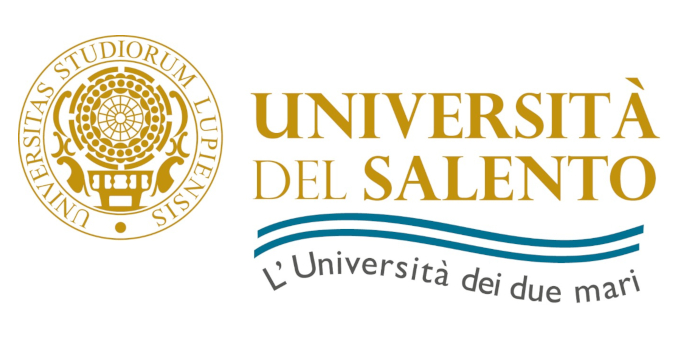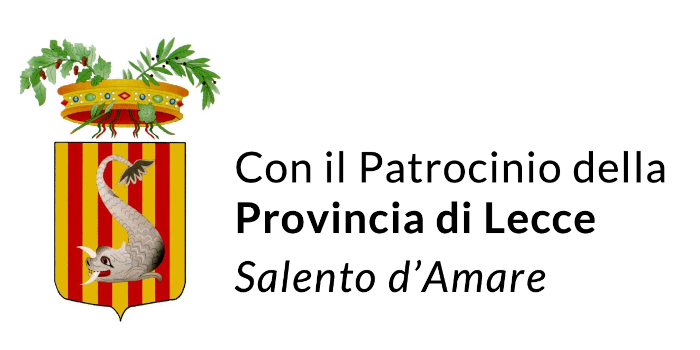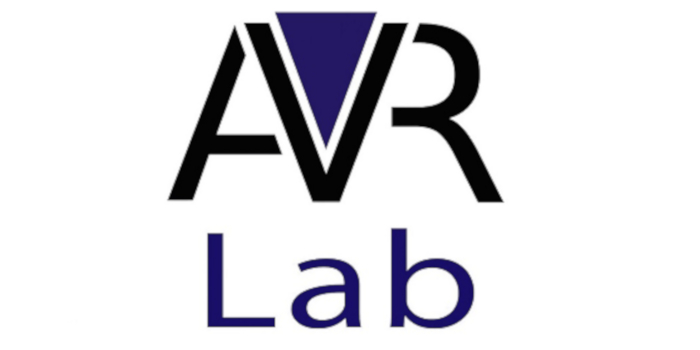SPECIAL SESSION #5
eXtended Reality and serious games for preoperative planning and surgical training
ORGANIZED BY
Emanuela Marcelli
eDIMESLab - Laboratory of Bioengineering, Department of Medical and Surgical Sciences, University of Bologna
Laura Cercenelli
eDIMESLab - Laboratory of Bioengineering, Department of Medical and Surgical Sciences, University of Bologna
Valerio De Luca
AVR Lab - Augmented and Virtual Reality Laboratory, Department of Engineering for Innovation, University of Salento
ABSTRACT
eXtended Reality (XR), which includes Virtual, Augmented and Mixed Reality, can provide valuable and important support for preoperative surgical planning: visualizing 3D models derived from CT or MRI images, it offers a much more effective tool for studying the situation of a specific patient than 2D grayscale images, and it also offers simple and intuitive ways of navigating within these models and exploring them from various viewpoints.
Moreover, it offers a safe and exciting platform for surgical training, thus representing a novel digital approach to augment traditional teaching practices and inspire the next generation of surgeons. In this context, it often takes the form of the serious game, in which goals and scores are assigned to users as they practice through gradually increasing levels of difficulty. A very interesting approach in surgical training is represented by “hybrid” simulators that combine the virtual content projected in augmented reality with real, tangible patient-specific 3D printed phantoms.
MAIN TOPICS
This special session aims to gather new papers reporting both new methodologies and specific application cases in the field of eXtended Reality to support preoperative planning and surgical training. Topics of interest include, but are not limited to, the following:
- Gamification techniques
- Visualization techniques
- Rendering techniques
- AI-based techniques
- Digital twin
- Virtual surgical planning
- GPU-based optimization
- Algorithms for real-time processing
- Perception cues
- Audio/video feedback
- Haptic feedback
- 3D printed phantoms
- Performance evaluation
- Error measurement and prediction
- Objective measures of XR training
- Usability and ergonomics assessment
ABOUT THE ORGANIZERS
Emanuela Marcelli graduated with honors in Electronic Engineering at the University of Ancona. She is currently Associate Professor at the Department of Medical and Surgical Sciences – DIMEC of the University of University of Bologna, Scientific Field (SSD) Industrial Bioengineering (ING-IND/34). Her research activity has always been dealing with innovative technologies in medicine, sensors for cardiac function monitoring, and artificial organs, with an experience of more than 25 years in the field.
She is Responsible for eDIMES Lab, an in-hospital laboratory focused on advanced digital technologies for supporting clinical research, practice, and medical education, at the University of Bologna. In the last six years, she has gained experience in coordinating research activities regarding advanced technologies based on simulation, virtual and augmented reality, 3D modeling and 3D printing to support pre-operative planning and intraoperative guidance in surgery, as well to improve the quality of teaching in medical education.
She is author/co-author of over 100 papers and abstracts published on international journals and on proceedings of international congresses. She is inventor and co-inventor of 8 US patents, 6 European patents and 18 Italian patents, most of all focused on innovative technologies for cardiac applications.
Laura Cercenelli graduated in biomedical engineering from the Politecnico di Milano, and received a Ph.D. in electromagnetism and bioengineering from the Marche Polytechnic University, in 2006. She has long experience as a Post-doctoral Researcher at the School of Medicine of the University of Bologna and she is currently Adjunct professor of Computer Science at the University of Bologna.
Her research interests include the field of sensors and devices for cardiac function monitoring, and more recently, the area of digital technologies applied to medicine. In particular, she has gained competencies and expertise in 3D modeling, 3D printing, virtual and augmented reality applied to surgery for pre-operative planning, intraoperative guidance and training, as well as in the design of personalized surgical instruments and implants. She has been involved in the HORIZON 2020 Project VOSTARS (Video and Optical See Through Augmented Reality Surgical Systems) under Grant Call ICT-29-2016.
She is the author/co-author of more than 70 scientific publications in peer-reviewed journals, and she is co-inventor of 5 US, 5 European, and 9 Italian patents.
Valerio De Luca graduated magna cum laude from the University of Salento in Computer Engineering in 2009 and received a Ph.D. in Information Engineering from the same university in 2014. He is currently an Assistant Professor at the Department of Engineering for Innovation at the University of Salento. His past research interests include grid computing, distributed systems for real-time audio-video streaming and QoE. Since 2015, he works with the Augmented and Virtual Reality Laboratory (AVR Lab), where he is involved in projects on human-computer interaction and extended reality for medicine, education, cultural heritage. He recently worked also on GPU computing, with application to optimal UAV path planning, and on augmented reality for improvement of situation awareness in UAV remote control. Since 2022, he has been working on an extended reality project for preoperative planning and intraoperative support in orthopedic surgery.





